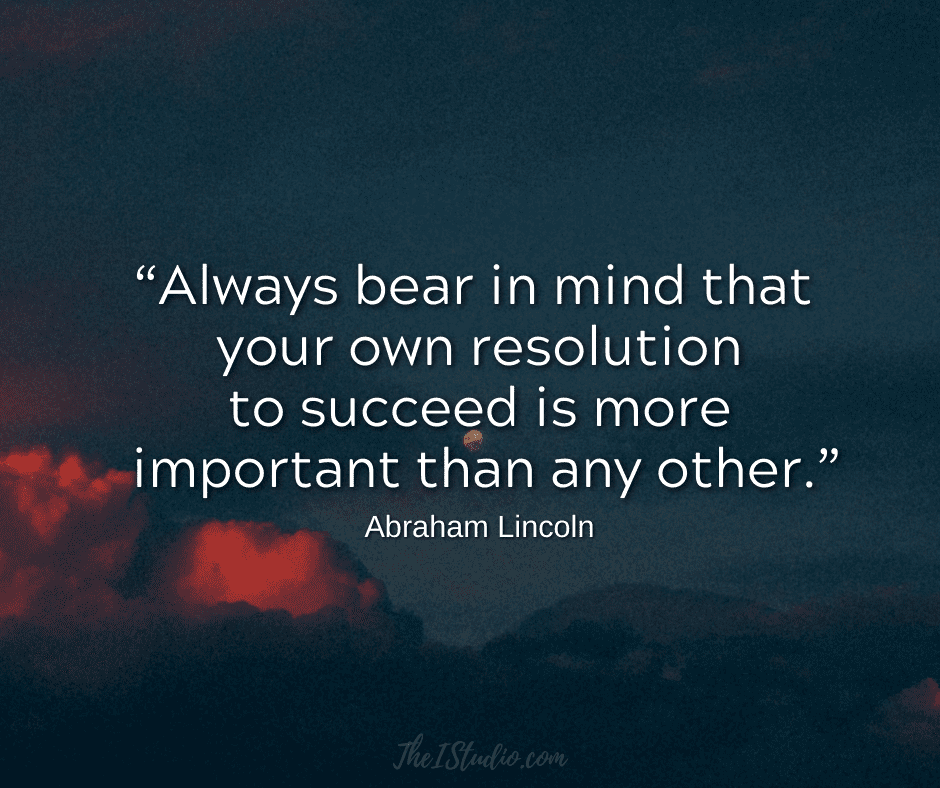

More Importantly the Reality of SEO
Along with all the buzz about WordPress, SEO (Search Engine Optimization) tops most website owners' information overload list. There is so much “out there” that it can be overwhelming. What info is accurate? How can you put that information to work? What is realistic?
While I don't “sell” SEO services, nor do I consider myself an expert, I do know quite a bit that I share with clients. I keep up with SEO trends and changes and correlate that information while tracking client keyword phrases as part of my White Glove Support.
My advice is a product of my experience based on trial and error, testing, tuning, and tracking across my websites for over two decades. So I thought I'd share with you my top articles and resources on the subject of SEO.
Along with a reality check.
The Reality Check
We start with the fact that the Search Engine Optimization of your WordPress website is critical to your long-term “findability.” SEO is not all that difficult — it just takes more effort and commitment than most are willing to make. And it does require that you understand the basics combined with consistent application.
Over the last 27 years, SEO hasn't changed all that much. Yes, some things have been fine-tuned algorithm-wise, but overall it is pretty much the same. At least what is in your control to control.
But truth be told, and this is what most folks don't want to hear, most sites will not hit that top page on Google. Ever. There, I said it. Not that it cannot be accomplished. Just that in most cases, it's just not going to happen.
Why? Well, to start, there are only ten slots — sometimes less. Ads dominate the top of the page, so maybe two sites above the fold. The rest are below, followed by more ads. And rarely do folks page beyond that.
The rankings bar is a high one. Top page rankings are for sites that embrace and implement SEO in everything they do. They consistently write compelling content. They're all over social media — working it.
They pour over all the available data and test and tune. Always on the lookout for tweaking things for better performance (just as important for SEO).
Rinse and repeat for infinity.
Your site will have to be better and have more E-A-T (Expertise, Authority, Trust) than the sites already owning those top page positions. Be honest. Is your site better, does it deserve, to be ranked above those already on that top page?
WordPress Helps with SEO
SEO is basically understanding what your customers are looking for and applying what search engines need to know to rank for that. There are no “tricks” or “secrets.” Really!
WordPress helps you accomplish this by its structure combined with plugins to guide you further. However, as you are growing your site, there are a handful of things you need to be consciously thinking about and applying on a page-by-page, post-by-post basis.
I have a bunch of articles on the topic of SEO. Here is a handful to start with:
Most Popular Posts on SEO
- How to E-A-T Your SEO
- WordPress Post SEO Tips
- SEO Bullseye Marketing
- Ten Commandments of Search Engines
- Free Keyword Research Tools
SEO and Information Overload
How do I keep up? I read. A lot.
I'll subscribe to various experts and see if they fit what I want to know. If not, I unsubscribe. If I don't read an email from a subscription more than 2-3 times, it doesn't engage me enough to remain subscribed. This helps to keep me focused on the need-to-know information that I seek.
Clients ask me to confirm the accuracy of info they find online about SEO. What is true, accurate — who to trust? Before you know it, your head is spinning like Linda Blair.
Without a doubt, there is quite a bit of B.S. out there. However, some are just trying to hide the reality of what is involved in trying to sell something (a subscription, PDF, course, etc.).
However, subscribing to many blogs can add to that information overload. Sometimes we want short snippets to keep us up to date. That's where Twitter comes in.
Here are the experts I rely on to keep up with trends, discussions, and, yes, the reality on Twitter.
10 Twitter SEO Accounts I follow:
- Gary Illyes, Webmaster Trends Analyst
- John Mueller, Webmaster Trends Analyst at Google
- Danny Sullivan, Google Public Liaison of search
- Google Webmasters
- Glenn Gabe
- Michael Martinez
- Marie Haynes
- Bruce Clay, Inc.
- Search Engine Land
- Moz
Some on the list have blogs and newsletters you can subscribe to. These folks get into the weeds and are very technical. They are genuine SEOs that look at everything from the font to the back-end of your site. And they study the analytics that, speaking for myself, tend to give me a headache.
Choose a couple to start with to see if their writing style and the type of information they cover are what you can envision applying. You can avoid overload while being selective and having current and reliable SEO information delivered to your inbox.
SEO'ing your WordPress website is a three part process:
- Understand how search engines really work.
- Consistently implement solid and proven practices while regularly adding great content to your website.
- Keep up-to-date on search trends and algo updates (see list above).
SEO is part of doing business online — we can't ignore it. Although there are days, I wish I could.
Yes, SEO takes time and some real-world knowledge. Then, the discipline to follow through. But if learning about SEO means your business gets found and therefore succeeds, you're all over that, right?
At your service,




